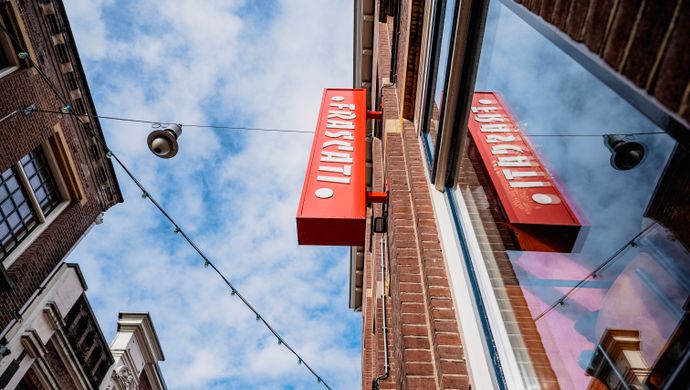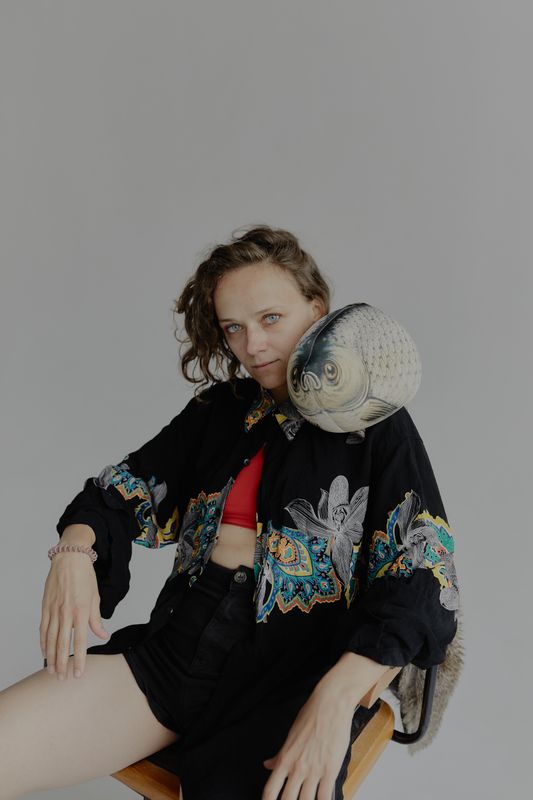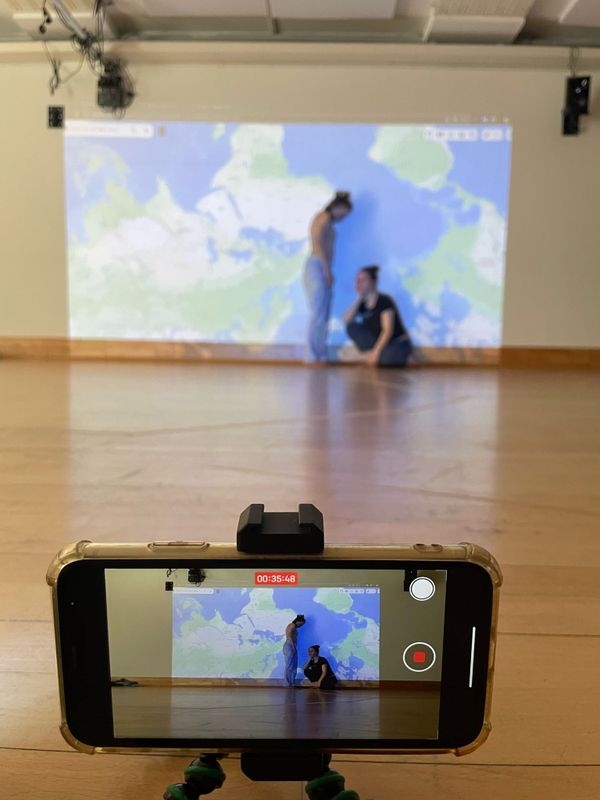Residentie: Human VPN: Someplace_else
-
Sat 17 May ’2516:00Address: Nes, 71Frascati, AmsterdamStudio 2
Credits
concept, choreography Marina Orlova performance Marina Orlova, Xdzunúm Danae Trejo, Asya Deinekina dramaturgical advisor Asya Deinekina sound design Arieh Chrem
About Marina Orlova
Marina Orlova is an independent dance/theatre maker, tech-dramaturg and AI researcher based in Amsterdam. After studying sociology and cultural studies in Moscow, she graduated in 2021 from SNDO in Amsterdam.
Marina’s practice lies between dance and theatre and uses aesthetics of absurdism, tragicomedy and autofiction. It also includes writing, teaching and facilitating a support group for 'artists in distress'.
In her works she uses technology as metaphor or a tool to question social issues such as mental health, AI ethics, migration and border politics.
In November 2024, her latest performance I’m a Robot and I need Therapy premiered at Frascati.





